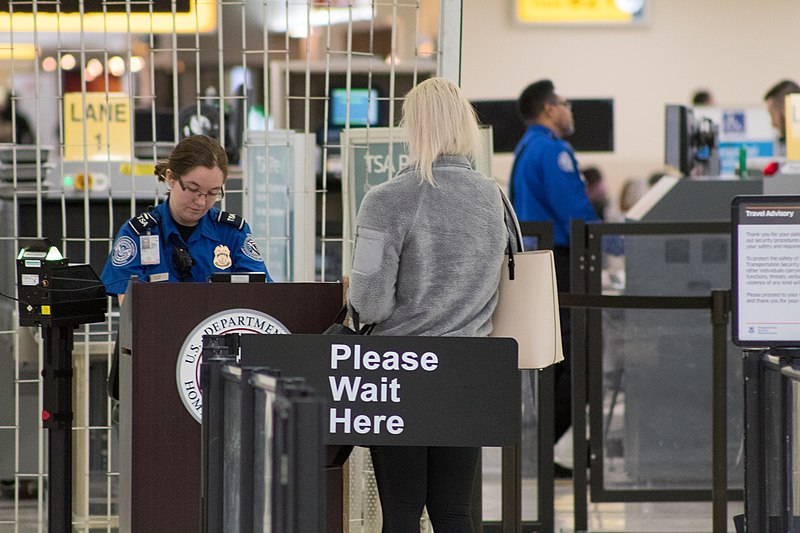
SPRINGFIELD—A plan to require Illinois history to be taught in schools was signed into law Friday.
State Senator Elgie R. Sims Jr., a Democrat from Chicago, sponsored the bill that would create a requirement that Illinois history be taught in public schools.
“Teaching our future leaders their state’s history is a major step toward a better Illinois,” Sims said. “It is important that our students learn how our state got to this point, so they can get a deeper understanding of society and, hopefully, join the process of improving Illinois.”
Currently, there is not a specific requirement that Illinois history be taught as part of the U.S. history requirement in K-12 schools. The law does require the course to include a comprehensive idea of our democratic form of government, the role and contributions of African Americans, Hispanics and other ethnic groups, and the role of labor unions.
“Illinois government has a considerable effect on young people’s lives, especially when it comes to their education,” Sims said. “As state leaders, it’s important that we make it a priority to educate students about how the legislative process works and our great state’s history.”
Senate Bill 1601 requires schools to start teaching Illinois history during the 2020-2021 school year.

SPRINGFIELD—A plan to update driver’s license services in Illinois to follow federal ID rules was signed into law Friday.
State Senator Elgie R. Sims, Jr., a Chicago Democrat, sponsored the plan, which puts in place the REAL ID standards established by the federal government. Adopting the plan would prevent major travel difficulties for Illinoisans, as air travel security standards are set to mandate REAL ID standards for IDs.
“Updating Illinois IDs to REAL ID standards will prevent confusion and, more importantly, help to protect the people of Illinois as they travel,” Sims said. “The new law will help people avoid headaches as they go through airport or any other federal security.”
Illinois is compliant with the REAL ID Act. Current non-Real ID compliant driver’s license and identification cards will be accepted at airports until October 1, 2020.
After this date, people with Illinois driver’s licenses and identification cards will need to provide additional documentation in order for their cards to become REAL ID compliant.
House Bill 2315 takes effect on Jan. 1.

SPRINGFIELD—A proposal to make Illinois more attractive to film companies was signed into law today.
The plan, sponsored by State Senator Elgie R. Sims Jr. (D-Chicago), extends the length of the state’s film production tax credit with the aim of raising Illinois’ national standing in the film and television industry.
“This move will help put Illinois a step above our competition,” Sims said. “We have seen exponential growth over the years, and this tax credit would boost that by making the state more attractive to film and television companies around the world.”
The new law extends the end of the Film Production Tax Credit from Jan. 1, 2022 to Jan. 1, 2027.
“I am confident this plan will help this growing industry continue to thrive, while ensuring people working in the industry have access to stable, well paying, middle class jobs,” Sims said. “Extending the film tax credit will help us increase momentum in this industry across the state of Illinois.”
Senate Bill 1595 is effective immediately.

CHICAGO—A new law sponsored by Senator Elgie R. Sims, Jr. (D-Chicago) will break down a barrier many in Illinois with criminal records face when trying to get a job.
The new law will prevent wait times for background checks by allowing individuals otherwise qualified for a direct care position to start a background check before receiving a job offer.
Currently, applicants have to wait for the offer first, holding up the employment process.
“This new law will help many throughout the state get their lives back on track,” Sims said. “It will put people back to work and help keep them out of our prison system. By getting these background checks done upfront, we provide a greater level of transparency between applicants and employers, avoid wait times and help Illinoisans with criminal records have a better shot at getting a job.”
According to the U.S. Bureau of Labor Statistics, employment in health care occupations is projected to grow 18 percent from 2016 to 2026, much faster than the average for all occupations, adding about 2.4 million new jobs.
“Employers in the health care industry need to fill positions quickly, and with this new law we are giving them the tools they need to hire qualified candidates in the most efficient and effective manner possible,” Sims said. “This new law will help millions of people throughout Illinois get a second chance at fully reintegrating into society by eliminating this employment barrier.”
Senate Bill 1965 was signed into law Wednesday. It takes effect immediately.
Page 38 of 53